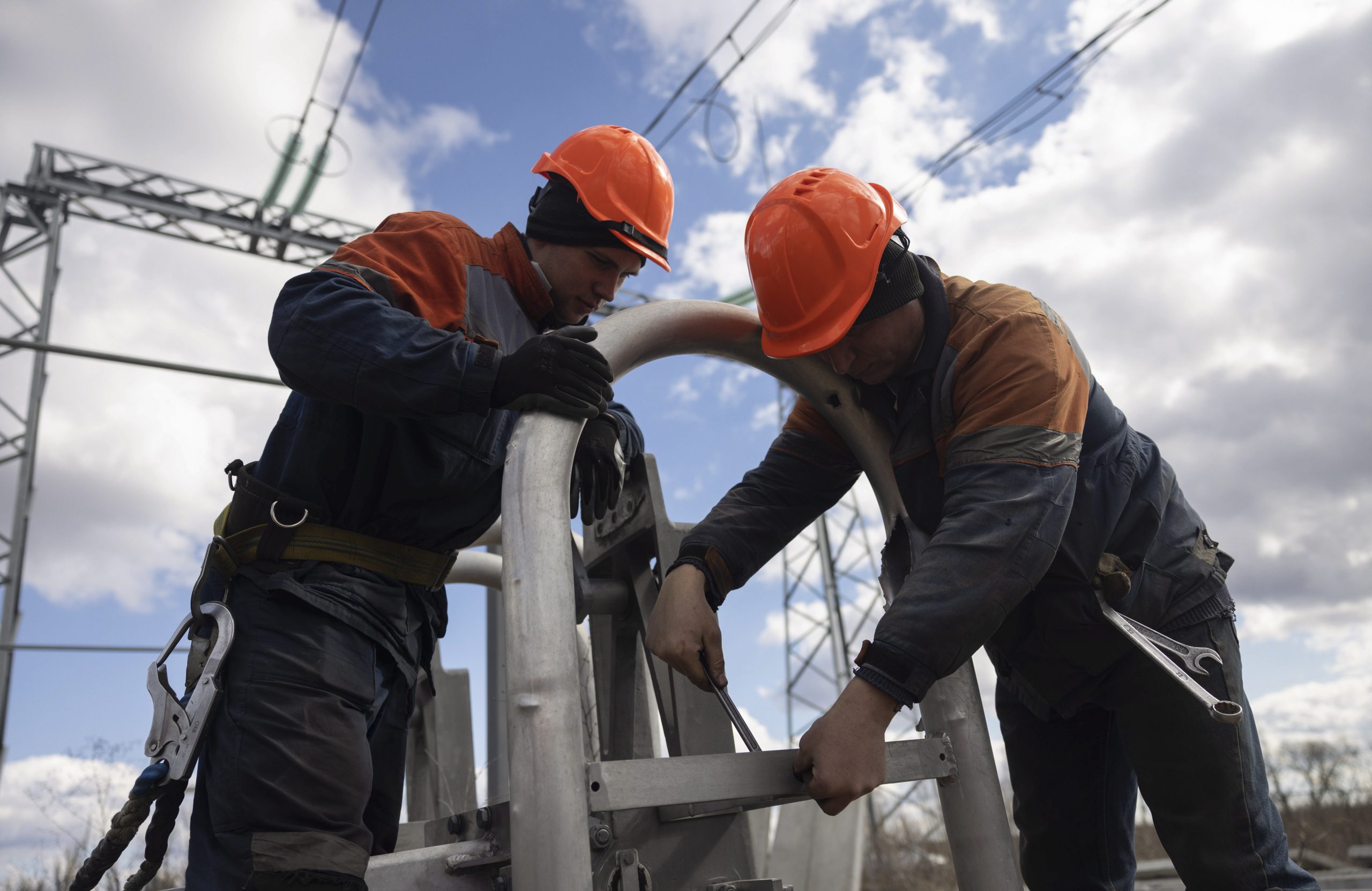Accelerator for a Geopolitical Europe: Potential Impact of Ukraine’s Membership on EU Foreign, Security, and Defence Policy
The EU has embarked on a new eastward enlargement at the time of a major breaking point in European and international order. It is obvious that Ukraine’s accession will bring about substantial changes in the EU’s policies and international clout.
Read more



















